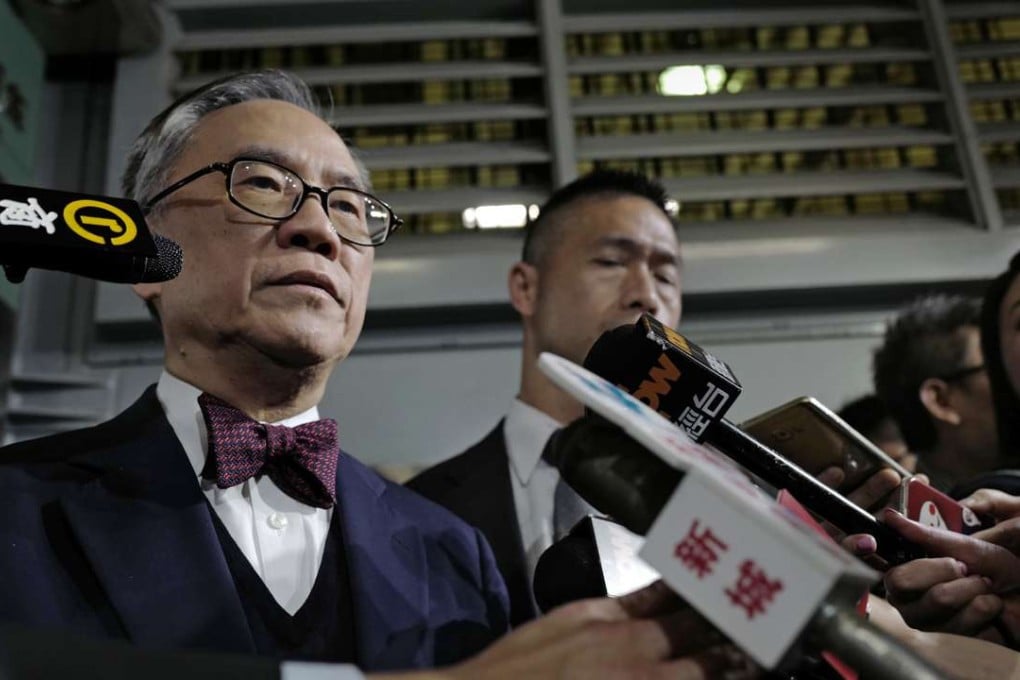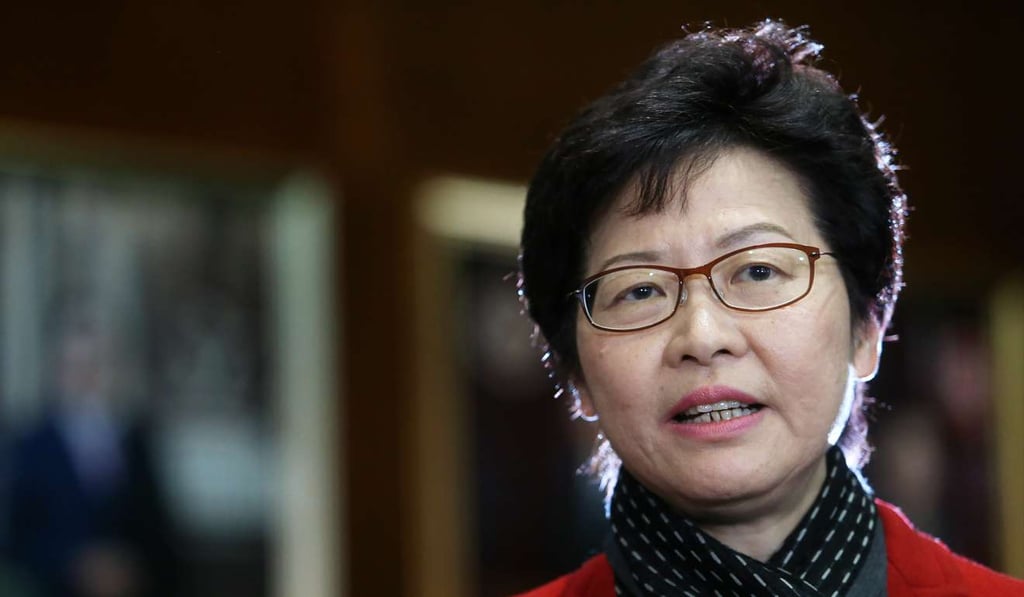The View | This one fix would quash corruption among senior civil servants
‘Reintroducing a pension system would significantly increase the commitment and performance of senior civil servants’

Since the introduction of the system of public accountability for principal officials, a majority of appointed policy secretaries have been recruited from the civil service.
Former chief executive Donald Tsang Yam-kuen drew many of his policy secretaries from the civil service, and some expect that our next chief executive Carrie Lam Cheng Yuet-ngor will do the same.
But the kitchen has become too hot for many prospective policy secretaries, especially those who are not civil servants. Policy secretaries in Hong Kong do not have the support of political parties that are common in more mature political systems. They can become totally exposed and often have to fend for themselves.
The genuine difficulty that the government faces in attracting quality leaders to political posts has led it to fall back on civil servants, who have administrative training in balancing partisan interests.
This is a second-best solution because many civil servants are not trained to perform the work of politicians. But even here, the rancorous reality of today’s politics means better incentives are needed to entice capable senior civil servants to serve as policy secretaries and deputy secretaries.

